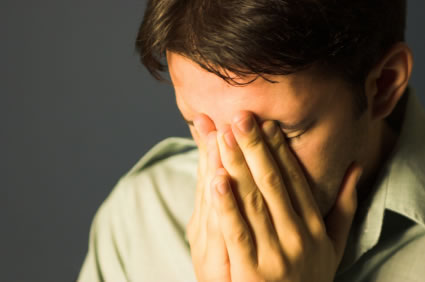
istockphoto
The COVID-19 pandemic, ongoing conflicts worldwide, racial discrimination, rising prices, and disasters linked to the climate are all burdening the thoughts of North Americans together.
Although the official national health emergency due to COVID-19 ended on May 11, 2023, many people are still not feeling completely back to normal. According to a recent survey called Stress in America™ 2023, a nationwide survey conducted by The Harris Poll on behalf of APA among more than 3,000 U.S. adults age 18+.
After looking at this year’s survey results, psychologists from the APA generally agree that there’s growing proof that our society is dealing with the mental effects of a shared traumatic experience.
“Stress affects all systems of the body, so it is crucial that Americans know the serious impacts of stress and what they can do to reduce the effect of stressors in their life, as well as receive help from their health care providers, workplace and support systems to prevent further health crises,” said Arthur C. Evans Jr., PhD, APA’s chief executive officer.
More information on the survey findings and how to handle stress is available on the Stress in America webpage.
If you, or someone you know is struggling with their mental health get in touch we are here to help.



